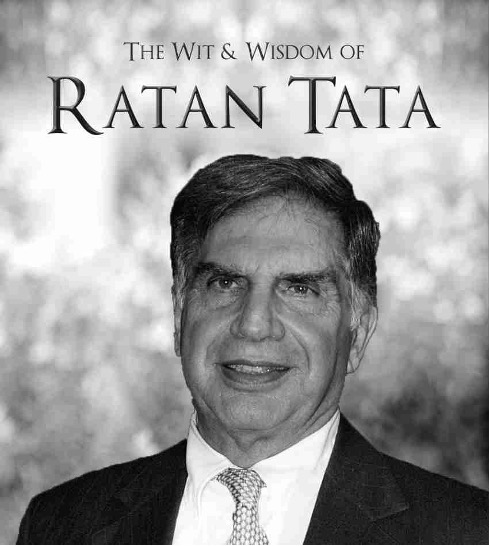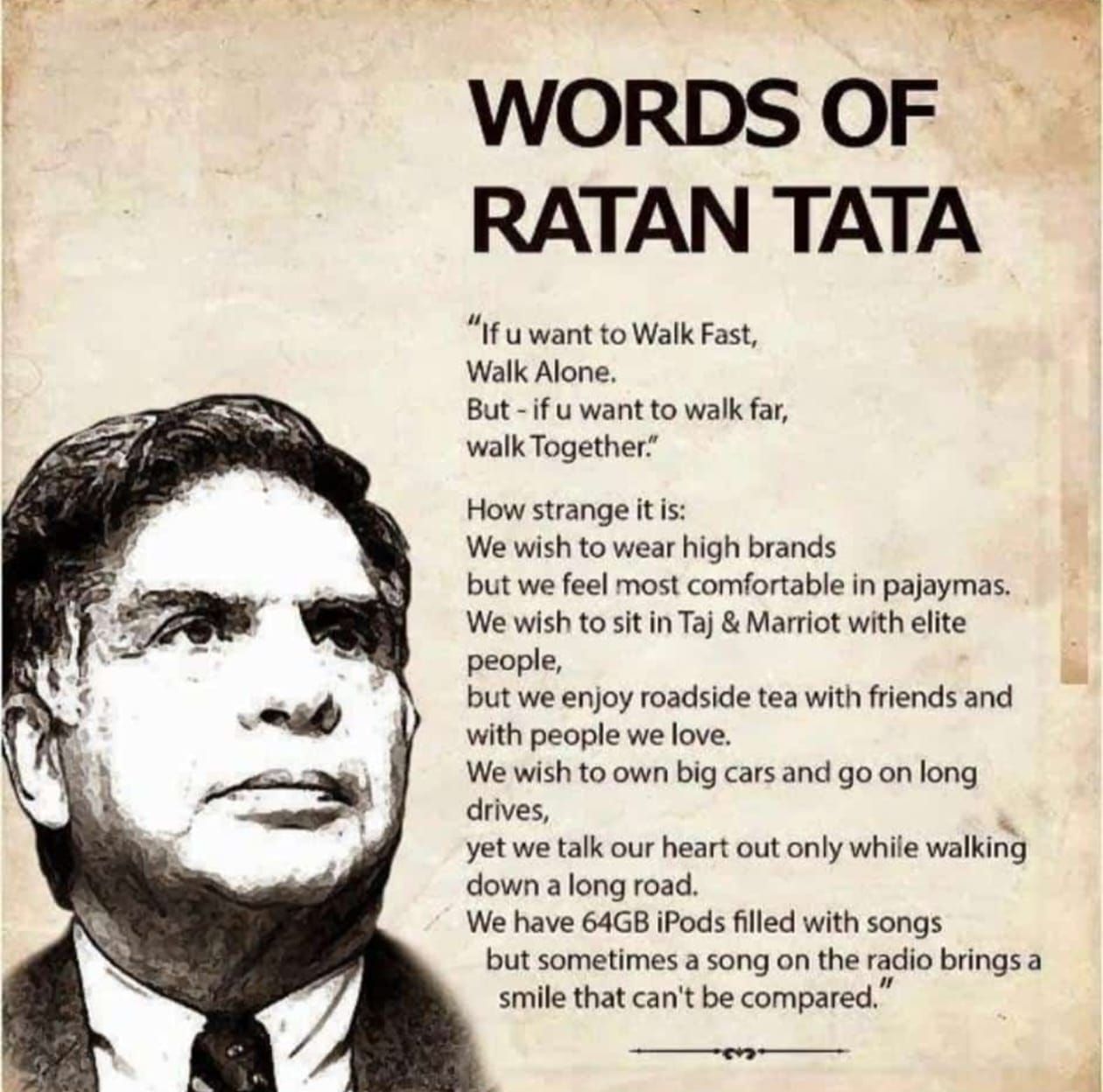After a poetic intro to Roles
Dear Readers, Welcome to SC Musings, Blog 22,
After a poetic intro to Roles : Born without roles, I am swathed in many now, we now dive into understanding roles. In this Blog 22, we explore with case studies the ‘role concept in Transactional Analysis’ (Schmid, 2008), to get an idea of the relevance of roles in systems, in professional and in our personal lives.
“A role is a coherent system of attitudes, feelings, behaviors, perspectives on reality, and accompanying relationships” stated Schmid in 2007, at the International TA conference in Westin hotel, San Francisco. Jet lagged after hours of travel from India, I slept through most of his pre-conference workshop, but, the topic and its implications captivated me. Roles still holds a special place for me, because in India, we are swathed in many, with very little clue on how to navigate through them. Here, there are ‘Bundles of roles’ each merging, almost seamlessly into another, and not accompanied, most of the time, by awareness and reason. Bernd Schmid began his journey as a transactional analyst in psychotherapy, and moved to the organizational field in Germany. Applying transactional analysis philosophy, principles and concepts in organisations for developing teams and professionals, he contributed to their growth, in a humanistic manner. Beginning with a systemic understanding of roles, Schmid takes us through its usage professionally and personally.
Let’s now attempt to fathom systems. A system is an organisation made up of individual parts, working towards a common goal.
- Our body is a system, consisting of diverse parts like respiratory, digestive, excretory and reproductive systems to name a few, which function for maintaining life,
- Family is a system, with parents, children, and extended family members co-existing (mostly) for individual and collective health, harmony and growth,
- Educational institutions are systems promoting learning and psycho-social development,
- Industries and organizations are systems contributing to economic growth of individuals and the country.
Hence, we can conclude that there are different types of systems, in different forms and sizes, consisting of individuals with assigned roles and a common purpose.
Descriptions of systems gives the impression that they are perfect entities, with form, shapes and sizes. However, despite detailed structuring and functioning of systems globally, with advanced technology and connectivity, there are intense dynamics within and between systems. These dynamics manifest as insensitivity to self, others and environment resulting in suicides, destruction and wars. Even the most developed nations contribute to this bloodbath, justifying it succinctly. So, now, more than ever, we need to re-discover and design our roles to suit our context. It’s a small beginning, yes; however all movements for health, peace and joy begin with a single step- a miniscule idea which takes root and spread.
We turn to the passing of an icon in India, and the lessons his life continues to teach us.

Inheritance of an illustrious name, prosperity and early setbacks in personal and professional life did not limit Ratan Tata. He forged ahead, visioning, realizing dreams, and uplifting individuals and systems nationally and internationally. His death, despite at 86, brought grief worldwide- a huge loss, which continues to impact. What lessons do we learn from this self-effacing human being, who redefined corporate governance, with the efficiency and effectiveness with which he integrated and functioned in his diverse roles.
Without getting into details we venture into perusing the role concept using Ratan Tata.
As a person, Ratan Tata was sensitive, compassionate and self-contained, with a steely will and determination as depicted in words captured in Figure 22.2. Pomp, showmanship and flouting wealth and status were not a part of his personal role.

In his professional role, Ratan Tata carved his path and forged ahead, despite opposition, put downs and obstacles. He waited till his dreams were realized, which did appear ruthless at times.
Organizationally, Ratan Tata was engaged till his end, despite his retirement. So, we can state that he fulfilled his organizational role, with the commitment and grace that he brought to his personal and professional roles.
Ratan Tata stands out individually, professionally and systemically. I chose him as a case-study, not to idealise or idolize him but to learn the way he integrated and played out his roles. We need not try to cut and paste his life on to ours- but, go deeper into the values and principles which guided him to execute his roles proactively.
Since the concept and theory of roles is wide and deep, I am making this Blog 22 concise, inviting you Dear Reader, to pursue a reflective journey into your roles.
In Blog 23, we will journey further into roles using Schmid’s definitions and models (2008).
Dear Reader,
Wishing the upcoming festival of lights, lights up our lives individually, collectively and globally with harmony and joy.

References
Schmid, B. (2008). The Role Concept of Transactional Analysis and other
Approaches to Personality, Encounter, and Cocreativity for All Professional Fields, Transactional Analysis Journal, 38:1, 17-30, DOI: 10.1177/03621537080380010